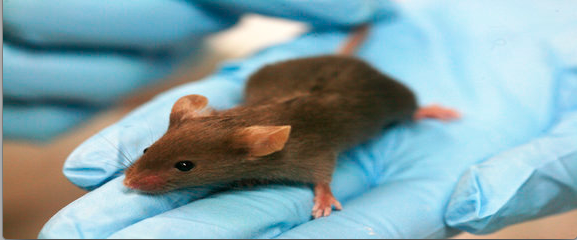
Could young blood be the fountain of youth?
MÁS EN ESTA SECCIÓN
Researchers may have found the answer to turning back the hands of time. According to a trio of studies, scientists discovered that giving aged mice young blood had "rejuvenating" factors.
"Its a cross between vampire and Frankenstein, where they took two animals and hooked their blood supply together for four weeks. It was an experiment originally done in the 50s that showed mice seemed to reverse aging," Dr. David Agus, medical contributor told CBS. "So the dream is, instead of treating the disease, we actually change you so you're not aging and you can hopefully, reverse it."
The studies, published in journals, Science and Nature Medicine, were conducted at Harvard University, Stanford University and University of California in San Francisco. Experiments revealed that aged mice who received young blood showed improved muscle, heart and brain functions.
In another report published last year, researchers pointed out that a protein called, GDF11, usually found in young blood is responsible for the age reversal. The study explained the protein awakens the stem cells, which creates new tissue. However, high levels of GDF11 decline as young mice become older.
"I think it's a stunning result that, for the first time, a secreted protein maintains the heart in a young state," cardiologist Deepak Srivastava said. According to the recent studies, the effects on the younger mice weren't so exciting. When GDF11 was extracted, it actually accelerated the aging process on younger mice.
"In the young animal, the effects were profound, in places where the normal age-related changes are dramatic," Dr. Wagner, who is part of the research team at Stanford University, explained in an online video.
Researchers may soon try these experiments on humans, who have their own version of GDF11. However, it could lead to negative outcomes. Awakening stem cells and pushing them to create new ones may increase the chances of cancer.
"It is quite possible that it will dramatically increase the incidence of cancer," Irina M. Conboy, a professor of bioengineering at the University of California, Berkeley told NYTimes. "You have to be careful about overselling it."






DEJE UN COMENTARIO:
¡Únete a la discusión! Deja un comentario.